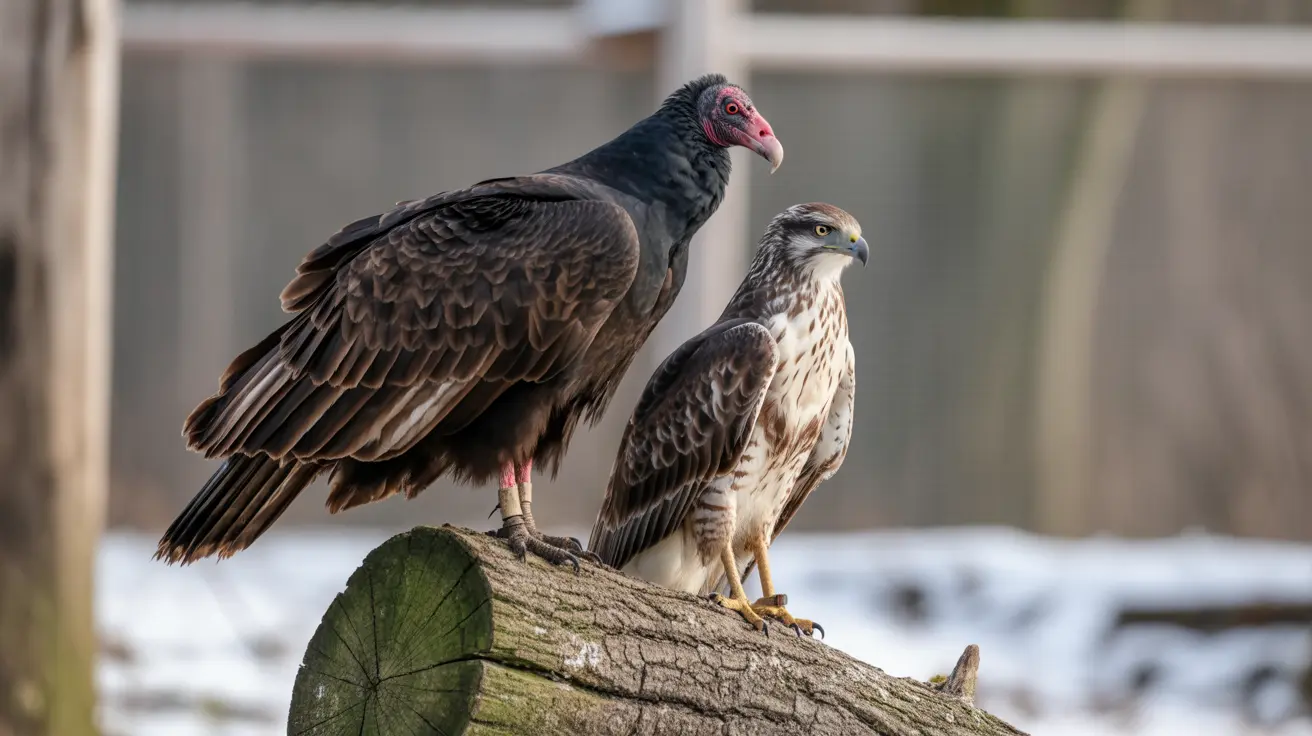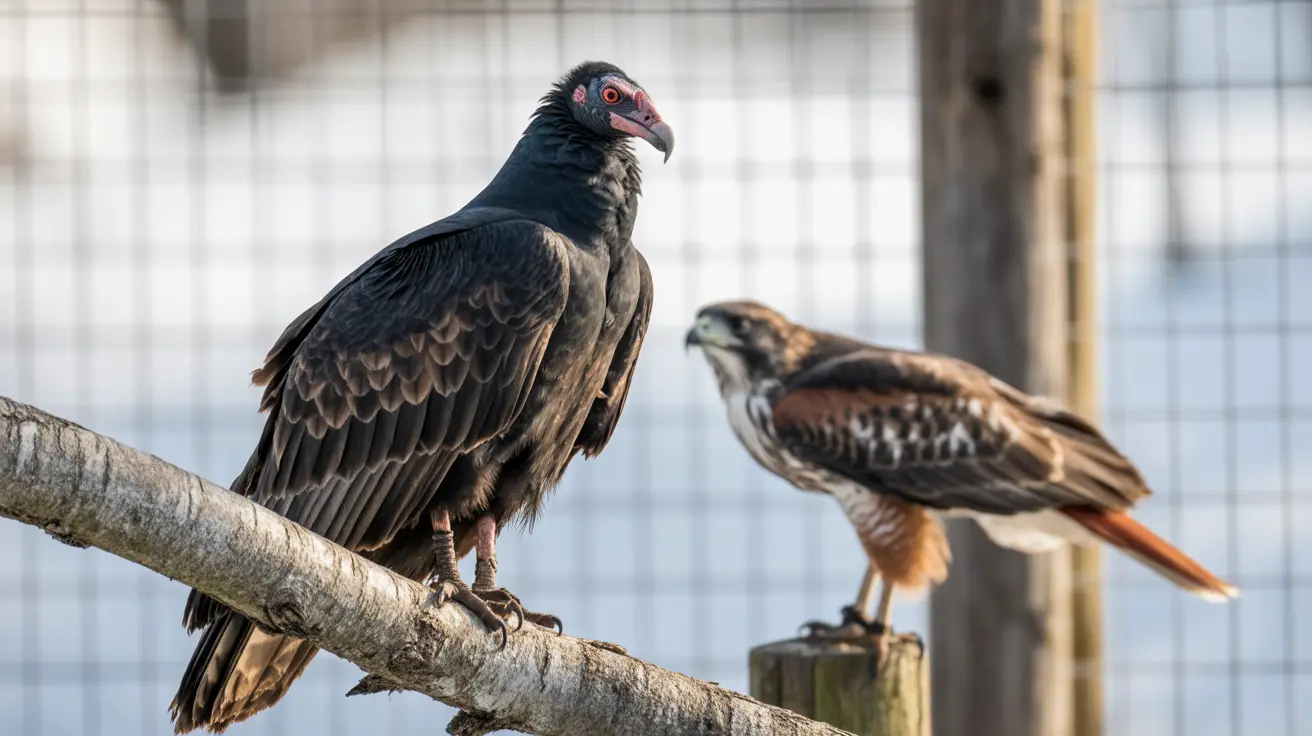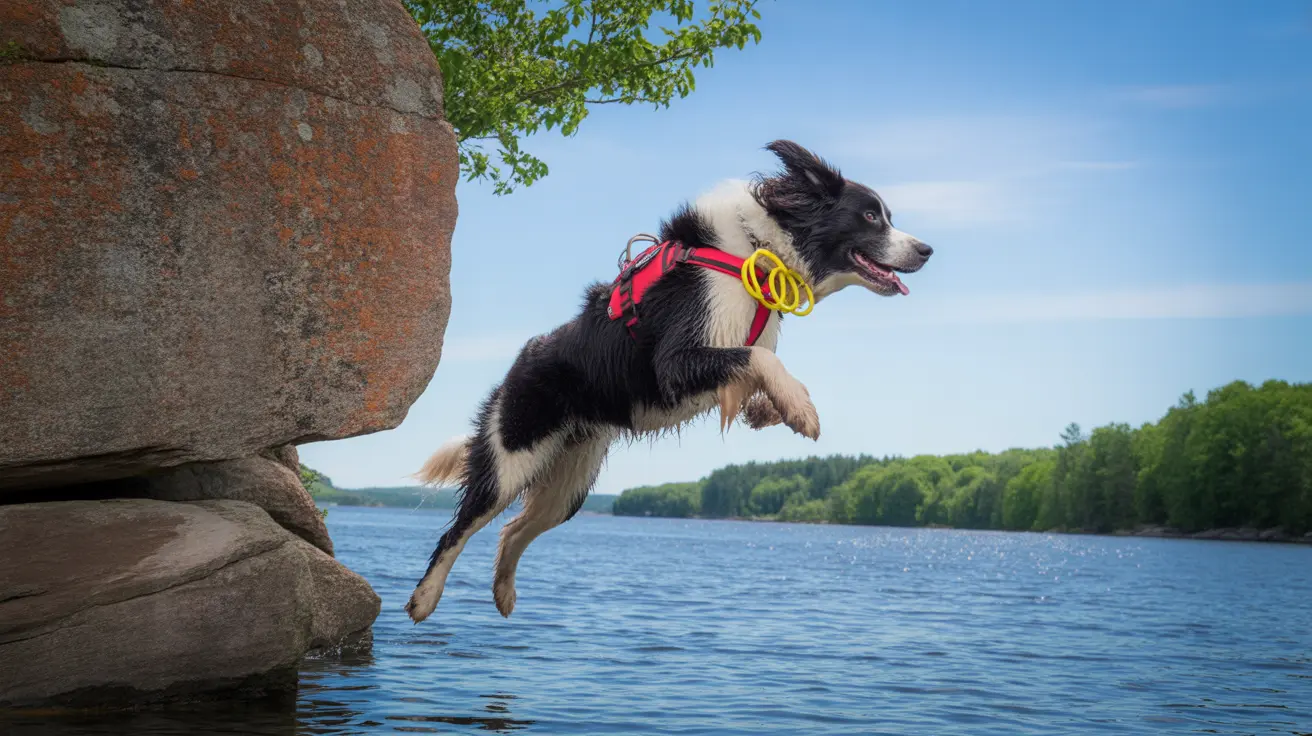How to Identify If Your Dog Is a Carolina Dog
The Carolina Dog, sometimes known as the American Dingo, is a rare and primitive breed believed to have descended from dogs that traveled with early humans across the Bering Strait. Recognized for its unique appearance and behavior, identifying a true Carolina Dog involves evaluating several characteristics.
1. Physical Traits
Carolina Dogs have a distinct appearance that sets them apart:
- Medium size: Typically weighing 30–55 pounds and standing 17–24 inches tall.
- Coat: Short to medium length, with colors ranging from ginger to tan. Some have black markings or fishhook tails.
- Tail: Typically curved like a fish hook and carried high when alert.
- Ears: Upright, large, and triangular, giving them an alert expression.
- Eyes: Almond-shaped and set obliquely, often with a watchful or cautious gaze.
- Build: Lean and athletic, built for stamina and agility.
2. Behavior and Temperament
The Carolina Dog also displays unique behaviors not common in many domesticated breeds:
- Shyness: Naturally wary of unfamiliar humans; early socialization is key.
- Pack behavior: Tends to thrive in a structured pack environment, even with other dogs or humans.
- Burrowing: Some are known to dig shallow nests as a natural behavior.
- Cleanliness: Groom themselves thoroughly, similar to cats.
- Independent nature: Intelligent, but prone to stubbornness.
3. Origin and Background
Carolina Dogs were first observed in the late 20th century in the Southeastern United States, particularly in South Carolina and Georgia. Researchers noted that feral dogs in these areas shared similar features, suggesting a wild origin separate from modern domesticated breeds. They are now recognized by the United Kennel Club (UKC) and other registries that value their primitive origins.
4. Confirming with a DNA Test
Physical and behavioral traits alone may not provide certainty. One of the most accurate ways to determine if your dog is a Carolina Dog is by using a canine DNA test. These tests analyze genetic markers and compare them against breed databases. While not all DNA kits include the Carolina Dog in their breed panel, some advanced tests can still detect ancestry traits aligned with them.
5. Consulting a Breed Expert
If you're unsure about your dog's lineage, you can consult a veterinarian familiar with primitive breeds or a Carolina Dog breeder. They can help assess your dog’s traits and guide you in conducting or interpreting DNA test results.
6. Living with a Carolina Dog
Carolina Dogs make loyal companions but require an owner who understands their independent and sometimes aloof nature. They benefit from:
- Routine and structure: Establishing clear boundaries helps them feel secure.
- Early socialization: Exposure to people and environments at a young age is important.
- Stimulation: Both physical exercise and mental tasks, such as puzzles, benefit their well-being.
Final Thoughts
If your dog exhibits several of the traits mentioned above and has a mysterious or feral background, there's a good chance it could be a Carolina Dog or a mix. Confirming through a DNA test or professional evaluation is the best way to be sure. Whether purebred or not, every dog deserves love, understanding, and a suitable home.





